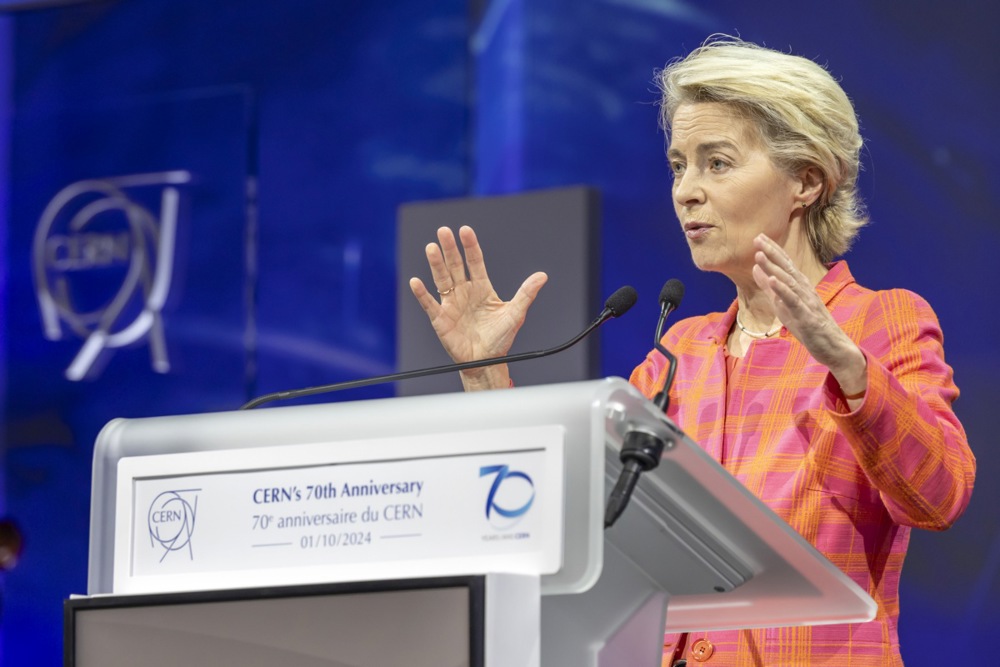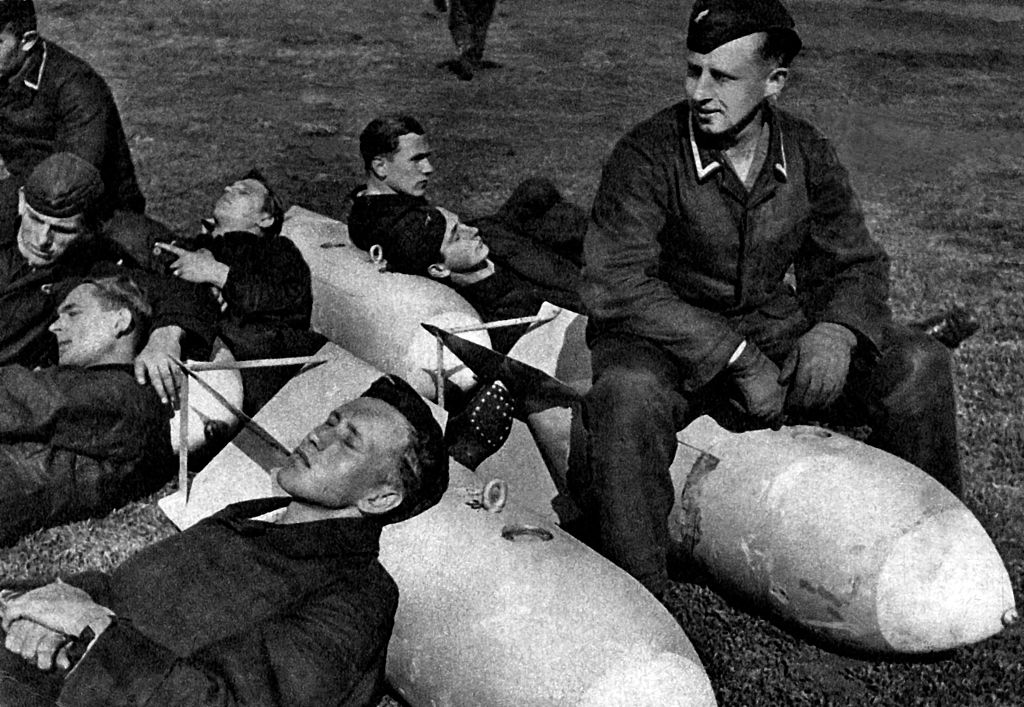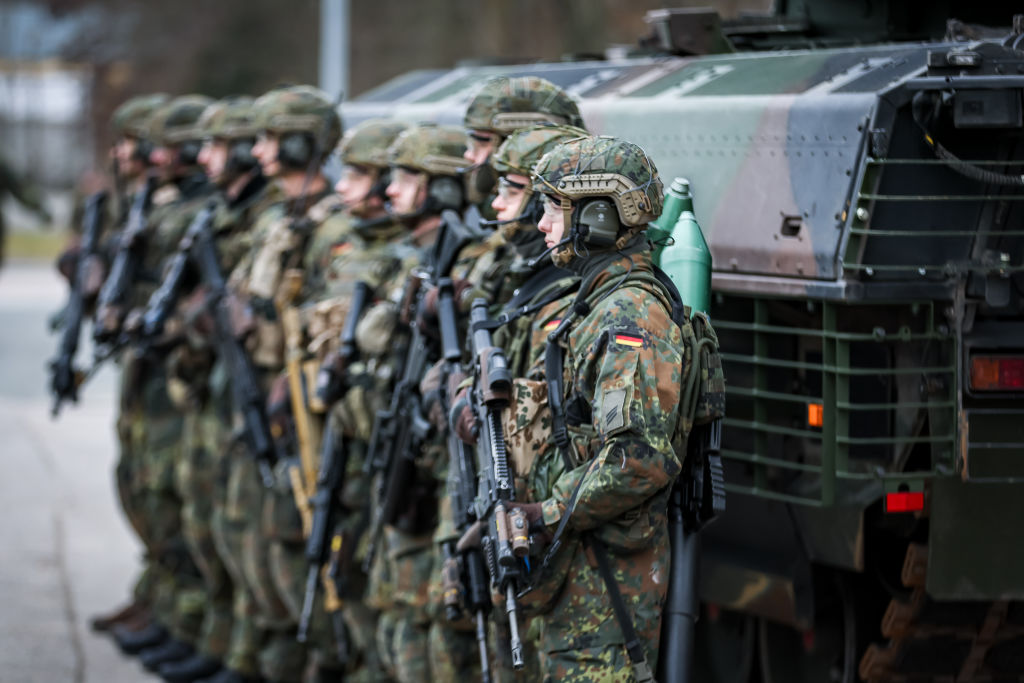On October 9 in Strasbourg, the President of the European Commission proudly reiterated her commitment to EU-Russia energy decoupling. Annoyed by the slowness of this process, Ursula von der Leyen even went so far as to say: “One Member State in particular just looked for alternative ways to buy fossil fuels from Russia”. Without citing the slightest figure, and seeming to want to get away with blaming her failures on a black sheep, the head of the European executive is once again spreading what her journalist friends would purely and simply call fake news.
Not a word of condemnation for France, Spain and Belgium, which are leading the way when it comes to importing LNG from Russia. These three Member States are responsible for 87 per cent of Russian LNG imports in the first half of 2024, with Belgium and Spain importing more Russian LNG than American LNG during this period. France increased its imports of Russian LNG by 120 per cent in the first half of 2024 compared with the first half of 2023. The French giant Total is the champion of these imports to the European market and has a 20 per cent stake in the main Siberian gas field from which this gas is extracted.
Figures for the first half of 2024 show that Europe has increased its imports of Russian LNG by 11 per cent compared with the same period the previous year. All this at a time when gas requirements are falling and Qatar and the United States have been presented as alternatives. However, LNG imports from these two countries have fallen. Today, 80 per cent of the LNG produced on the Russian Yamal Siberia field is exported to the European market. Obviously, the usual suspects, Slovakia and Hungary, which have no access to the sea, could not be responsible for such volumes of purchases.
So what exactly is Ursula von der Leyen talking about? This Russian LNG is mainly bought by countries that then trade in it. So where is it going? Which country is considerably disadvantaged by the end of Russian gas flows through the Baltic Sea? Mrs von der Leyen’s country, Germany. Could it be that Germany is doing everything in its power to look for alternative ways to buy fossil fuels from Russia?
Or was the President of the European Commission talking about Poland, the country that is theoretically the most committed to opposing Russian fossil fuel imports? After all, it is the Polish company Orlen, which owns the two refineries in the Czech Republic, that has enabled the Czech Republic to break records for Russian oil imports. This year, the Czech Republic imported the highest proportion of Russian oil in over a decade. In the first half of the year, Russian oil delivered via the Druzhba pipeline accounted for 65 per cent of the country’s oil supplies. This is the highest figure since 2012, and up from 56 per cent in the same period last year.
And finally, since the Rule of Law is constantly on the lips of Brussels circles, let us not forget that all the imports mentioned above are perfectly legal. In fact, the only two limits currently in place are the transhipment of Russian LNG to third countries and the import of Russian oil by sea. Imports of Russian gas, whether via pipelines or in liquefied form, to the European market are not subject to sanctions. Ursula von der Leyen’s statements are therefore outside the law and economic realities. They stem from an undoubtedly sincere concern about the potential threats posed by heavy dependence on Russia. On the other hand, isn’t the real danger in dealing with energy issues in a piecemeal fashion and following an ideological agenda, while failing to apply the same strictness to all Member States?
Yann Caspar is a Researcher at the Mathias Corvinus Collegium Centre for European Studies, Budapest





Big apes, but not small humans, come under protection of Spanish law